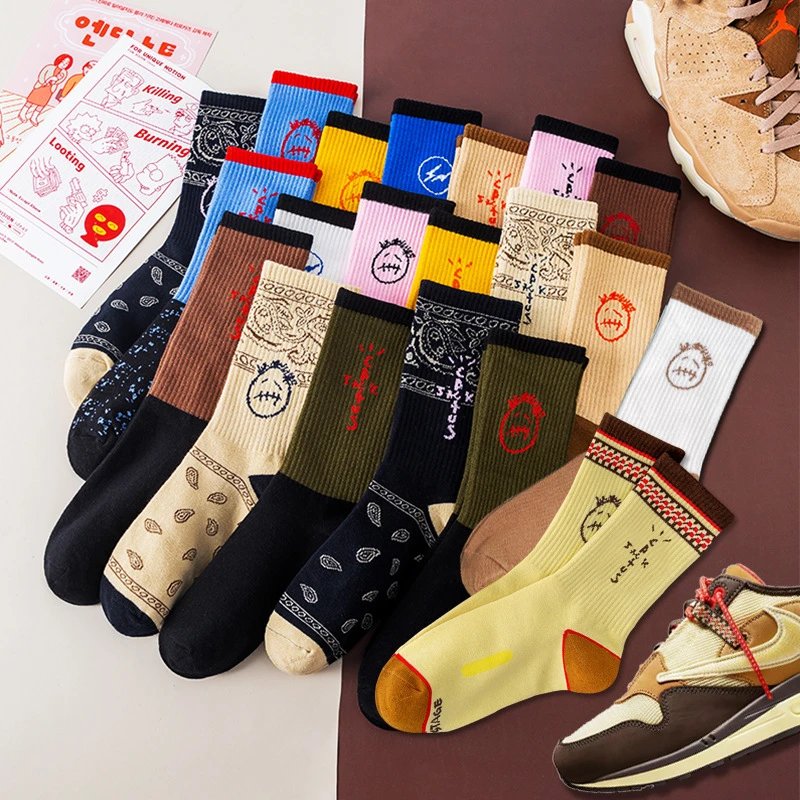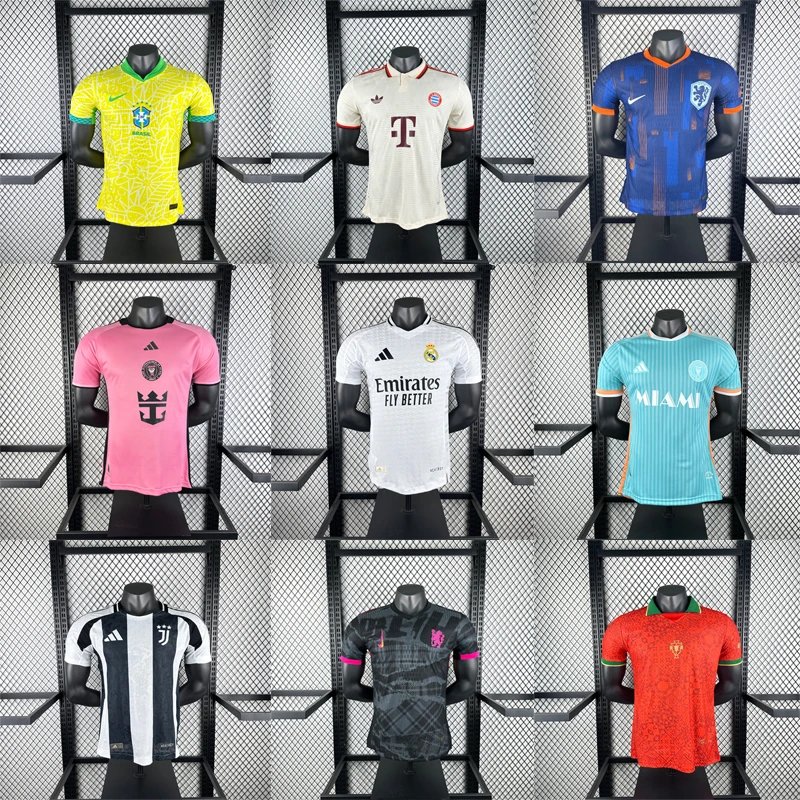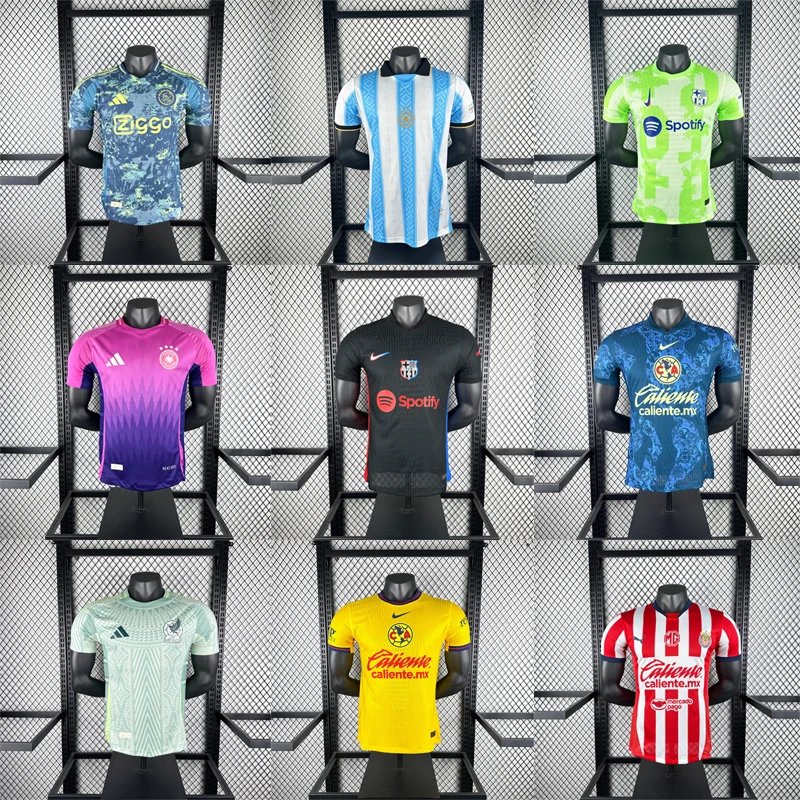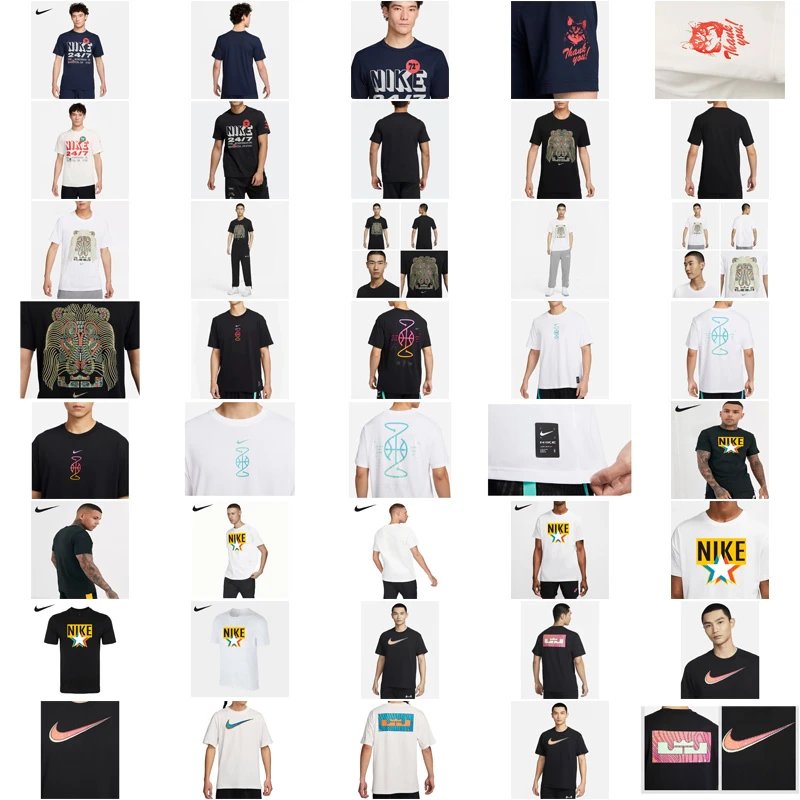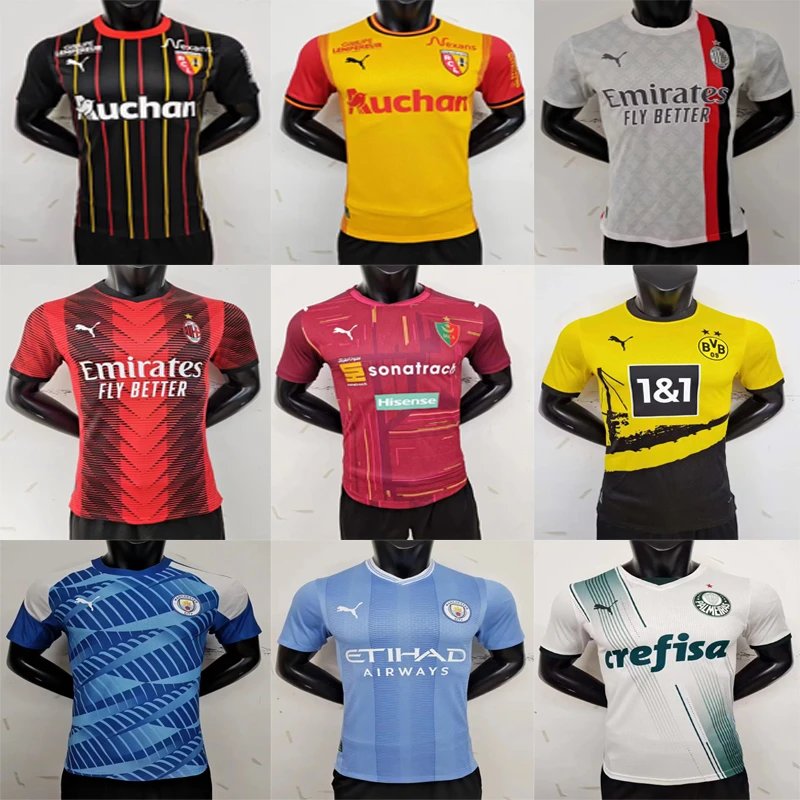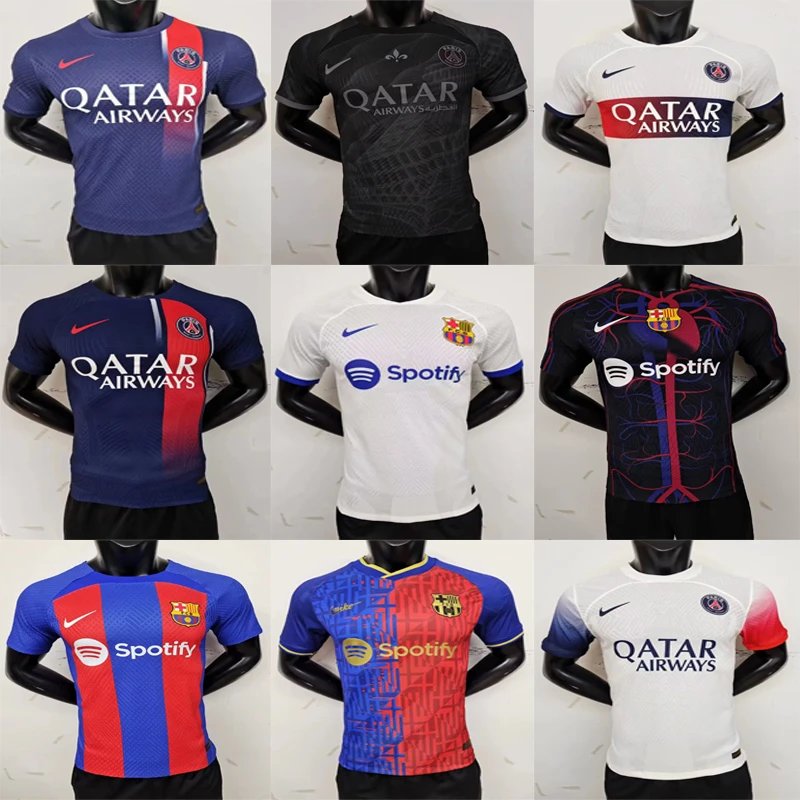Sugargoo vs. PandaBuy: Why a "Tool-First" Buying Agent Wins in Efficiency
While platforms like PandaBuy emphasize social discovery and content virality, Sugargoo stands out as a traditional yet highly practical cross-border shopping assistant. Stripping away community features, it laser-focuses on order fulfillment—winning dedicated users who prioritize speed and reliability above all.
The "Tool Mentality" Difference
Sugargoo's interface resembles an ERP system more than a social app: clean dashboards, minimal fluff, and obvious CTAs. This contrasts sharply with competitors' feeds filled with user-generated hauls and reviews. Less discovery-focused by design, its strength lies in frictionless repeating purchases.
- UTilitarian UI:
- Zero social friction:
- Bulk operation support:
- Zero social friction:
Why Reliability Breeds Loyalty
Data suggests Sugargoo users complete purchases 23% faster than socially-driven platforms (based on session analytics). More revealing: its 35% returning customer rate—uncommon in an industry where newcomers typically chase newest styles showcased elsewhere.
| Metric | Sugargoo | Social-Centric Platforms |
|---|---|---|
| Average checkout time | 4.2 mins | 6.8 mins |
| Monthly returning users | 67% | ∼48% |
The Underserved Power User Niche
Reselling businesses and personal shoppers—users placing 50+ orders monthly—report preferring Sugargoo's workflow. Keyboard shortcuts, CSV uploads for mass orders, and redundant server infrastructure for uptime matter more than cute unboxing videos ever could.
"When I need 200 sneakers shipped before noon, I'm not browsing Instagram-style feeds. Sugargoo lets me execute like a wholesale transaction." — TaoBao reseller operating since 2017
Optimizing for What Actually Converts
The platform ruthlessly eliminates points of distraction:
- Saved templates for frequent shipping routes
- One-click repurchasing from order history
- Automated QC photo sorting (no manual tagging)
The result? Operational transparency at scale. While visually "boring" compared to some competitors, this intentional starkness builds trust—proving purchase tools don't require gamification to drive customer retention.
For businesses sourcing overseas or buyers valuing a no-nonsense approach, platforms abstaining from social features may ironically deliver substantially better lifetime value. The numbers speak for themselves.




